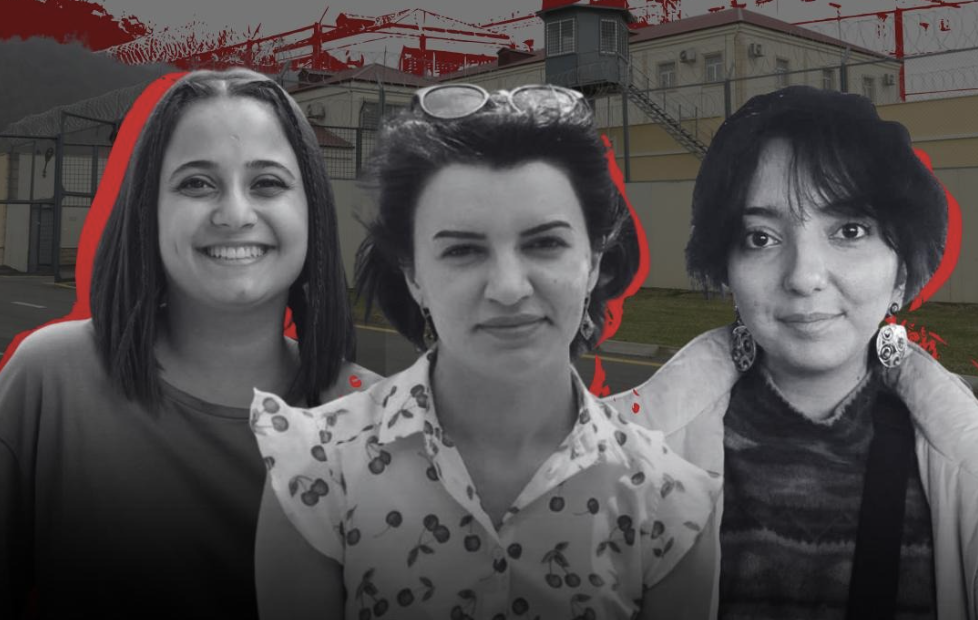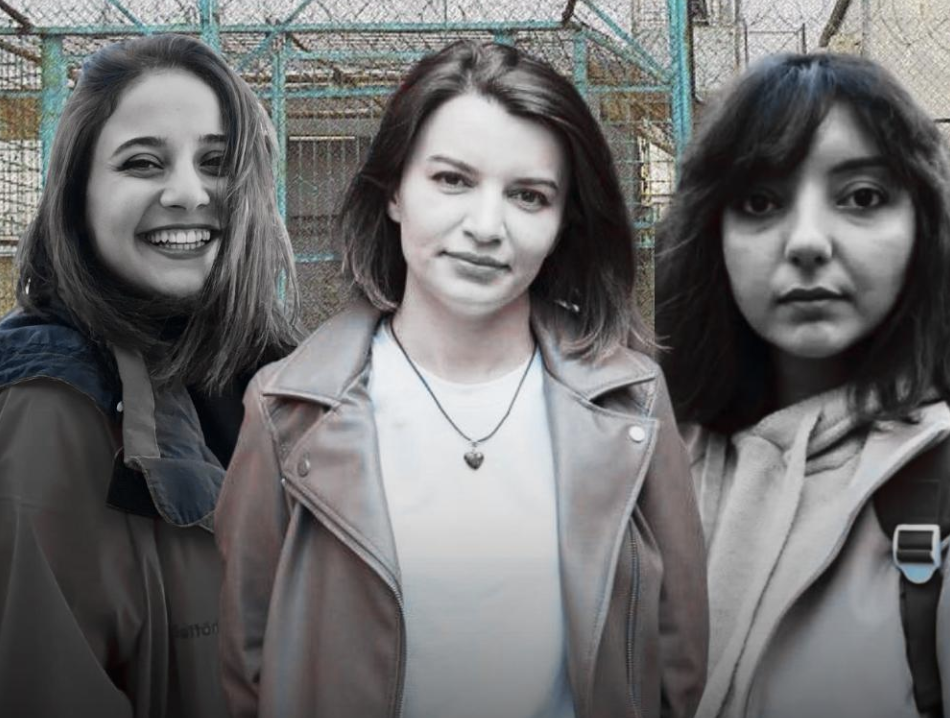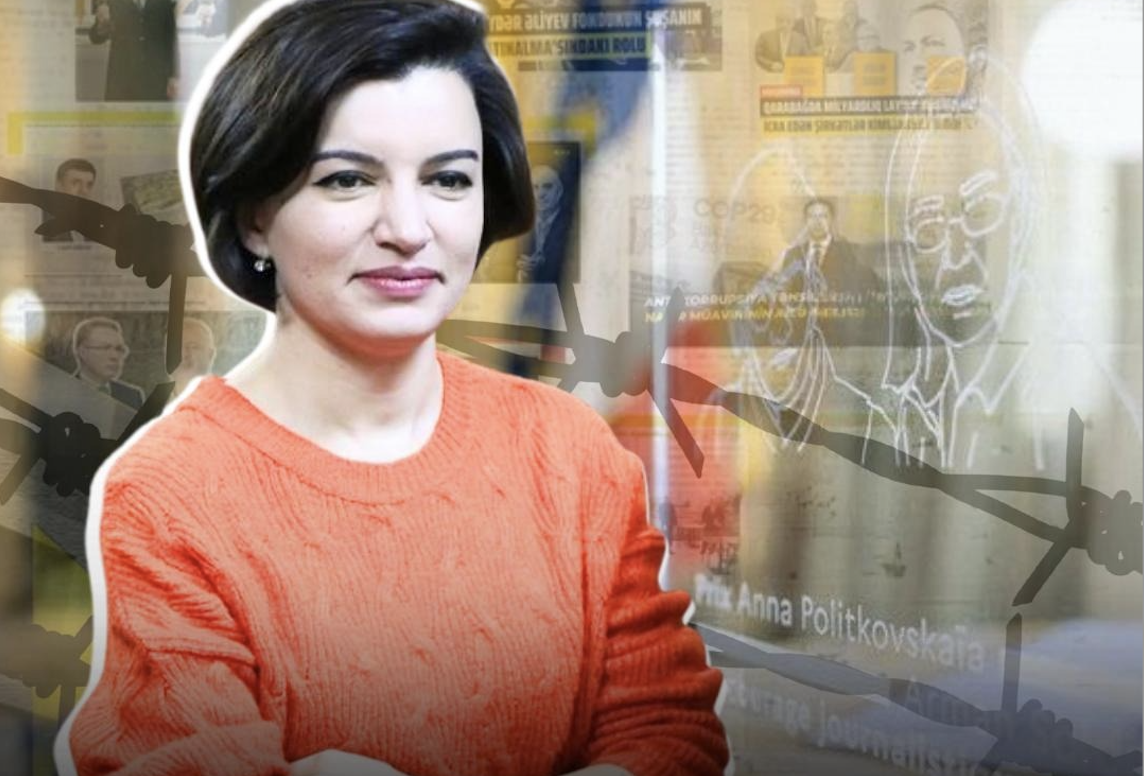On September 5, the Baku Court of Appeal held another hearing in the “Abzas Media case.”
The session, chaired by Judge Zafar Ahmadov, began with lawyer Gunay Ismayilova speaking in defense of journalist Nargiz Absalamova. Ismayilova argued that there was no evidence in the case materials proving her client’s guilt and demanded an acquittal.
Addressing the court herself, Absalamova drew attention to the restrictions placed on her bank accounts, noting that even her card with a balance of just 13 cents had been frozen.
“I wish that one day courts will be run by judges who value justice, who consider the law supreme, and who respect themselves. For now, this is nothing but a show trial. You are simply carrying out the decision handed down to you,” she said.
Prosecutor Ilkin Yusifov insisted that both the pre-trial investigation and the court proceedings had been conducted fairly. He added that although defendant Mahammad Kekalov had retracted statements he made during the investigation, this should not be taken into account, since, according to him, those statements had been corroborated by evidence. Yusifov asked the court to uphold the first-instance ruling.
Lawyer Zibeyda Sadigova, representing Abzas Media director Ulvi Hasanli, responded by pointing out that none of the defense motions filed since her client’s arrest had been granted.
“Under these circumstances, how can we speak of a fair trial?” she asked. Other defense lawyers also demanded acquittals for their clients.
The defendants were then given the chance to speak. Abzas Media’s editor-in-chief, Sevinc Vagifgizi, noted that no witnesses who could have played a decisive role in the trial had ever been brought to court.
“This shows once again that the trial was unfair and simply carried out a pre-determined decision,” she said.
Vagifgizi also criticized officials’ repeated appeals for “understanding”:
“Some law enforcement officers we’ve encountered since our arrest tell us, “Please understand us.” I understand very well what they mean: they and you, the judges presiding here, will go home to your families, live comfortably, earn good money and we are supposed to understand that? But what about those jailed for doing their professional duty? What about those who missed the birth of a child, or a child’s next birthday, or a 30th wedding anniversary? Who will understand us? Who will be held accountable for the years we are forced to spend behind bars?”
Economist Farid Mehralizade, also among the defendants, rejected the prosecutor’s claims. He argued that while Kekalov’s testimony had been accepted against others, there was nothing in it implicating him.
“Half the witnesses you called said they don’t know me, and the rest only knew me as an economist through the media. Why were their statements disregarded? The case files allege that my office was inside Abzas Media’s premises. We asked for cell tower data to prove I was there, but this motion was rejected. I’ve never even been to Abzas Media’s office. So how can the prosecutor speak of a fair trial?” he asked.
The court postponed its final verdict until September 9.
Since November 2023, Abzas Media director Ulvi Hasanli, editor-in-chief Sevinc Vagifgizi, project coordinator Mahammad Kekalov, investigative journalist Hafiz Babali, reporters Elnara Gasimova and Nargiz Absalamova, and RFE/RL contributor and economist Farid Mehralizade have been in custody.
They are accused of smuggling and serious financial crimes, allegations they and their supporters, both in Azerbaijan and internationally, reject as politically motivated and linked to their journalistic work.
The pre-trial and trial phases together have lasted nearly two years.
On June 20, the Baku Serious Crimes Court sentenced Hasanli, Vagifgizi, Babali and Mehralizade to nine years in prison; Absalamova and Gasimova to eight years; and Kekalov to seven years and six months.







